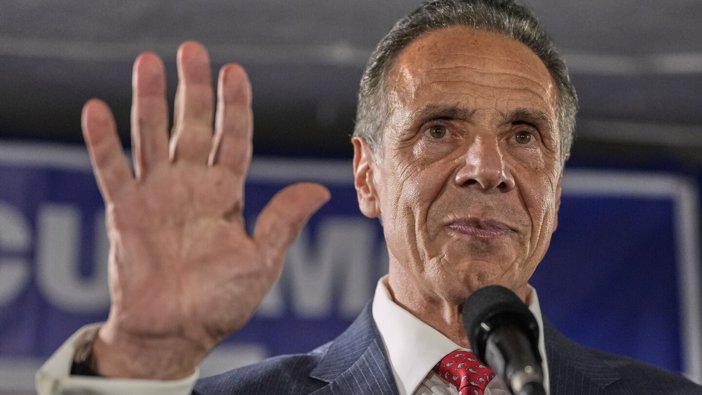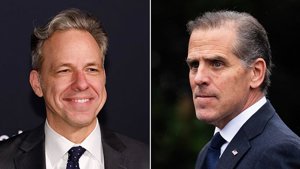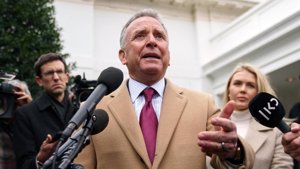
Cuomo Pivots After Mamdani Win in NYC Mayor Race
Cuomo downplays Trump rhetoric after losing NYC mayoral primary, pivots to affordability as Mamdani surges with progressive agenda.
Cuomo Refocuses Campaign After Primary Defeat
Former New York Governor Andrew Cuomo has shifted his campaign messaging toward affordability and local economic issues following a surprising defeat in the Democratic mayoral primary to Zohran Mamdani, a democratic socialist assemblyman from Queens. Once positioned as the establishment frontrunner, Cuomo now runs as an independent in the general election, distancing himself from earlier attacks on President Donald Trump that had featured prominently in his primary campaign.
During the closing weeks of the primary race, Cuomo’s advertisements warned New Yorkers that "Trump’s coming for New York" and presented himself as the candidate most capable of pushing back against the president’s agenda. He promised to defend the city from federal crackdowns on immigration protests and to mount a national campaign to resist Trump’s policies. However, after his unexpected loss to Mamdani—a result that shook the city’s political landscape—references to Trump have largely disappeared from Cuomo’s campaign communications.
According to longtime adviser Rich Azzopardi, this shift does not reflect a calculated de-emphasis of Trump. “It’s silly. It’s only been eight days since the campaign had a relaunch,” Azzopardi said, explaining that Cuomo’s recent interviews have focused more on "local and pocketbook issues" affecting New Yorkers. "I think New Yorkers know that the person best equipped to protect New York from any excesses that may come out of Washington is Andrew Cuomo, because he’s done it before," he added.
Mamdani’s Progressive Platform Captures Voters
Mamdani’s victory in the crowded primary was propelled by a grassroots movement targeting younger and progressive voters, energized by support from prominent figures like Rep. Alexandria Ocasio-Cortez and Sen. Bernie Sanders. The campaign highlighted the city’s high cost of living and proposed bold measures such as eliminating bus fares, making CUNY tuition-free, freezing municipal housing rents, providing free childcare for young children, and establishing government-run grocery stores.
Leveraging social media and a strong volunteer network, Mamdani effectively mobilized low-propensity voters and emphasized affordability, helping him secure the Democratic nomination in a city where Democrats vastly outnumber Republicans.
Cuomo, responding to the changing dynamics, now promises to make New York “a city with lower rent, safer streets, where buying your first home is once again possible, where child care won’t bankrupt you.” He has begun to criticize Mamdani for offering “slick slogans, but no real solutions.”
The general election features Mamdani as the Democratic frontrunner against four challengers: Cuomo and incumbent Mayor Eric Adams (both running as independents), Republican nominee Curtis Sliwa, and independent Jim Walden, a former federal prosecutor. Cuomo points out that only 13% of New Yorkers voted in the June primary, suggesting he now faces a broader, more moderate electorate.
Azzopardi stressed that Cuomo’s campaign relaunch is designed to "meet New Yorkers where they are," arguing that the former governor is best positioned to bring competent administration back to City Hall. “New Yorkers are generally not hard-core pro-MAGA Trumpers, nor are they socialists. They are in the middle, and the governor is making the case about how he is the person best equipped to bring the first competent administration back to City Hall in 12 years,” he said.
Yet skepticism remains among some Democratic strategists. Lauren Hitt, who advised an anti-Cuomo super PAC during the primary, argued that voters remember Cuomo’s previous tenure and doubt his promises on affordability. “Cuomo already had his chance to make New York more affordable, and he did just the opposite. So he can try to slap another label on his campaign, but New Yorkers already know they don’t like what he’s selling,” Hitt commented.
As the campaign intensifies, the focus on affordability, housing, and local concerns is likely to dominate the debate, with each candidate seeking to convince voters they are best suited to address the city’s most pressing challenges.






